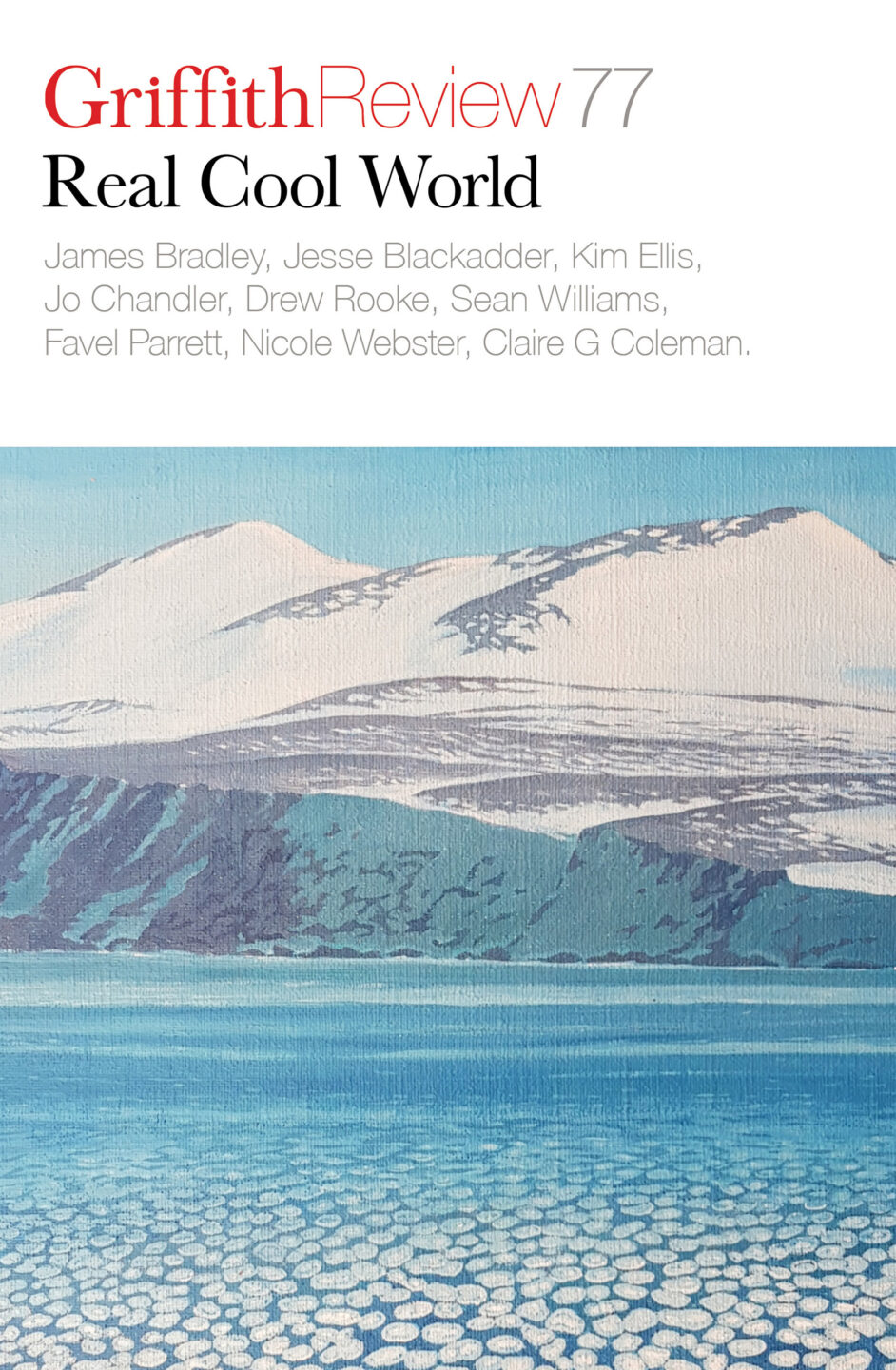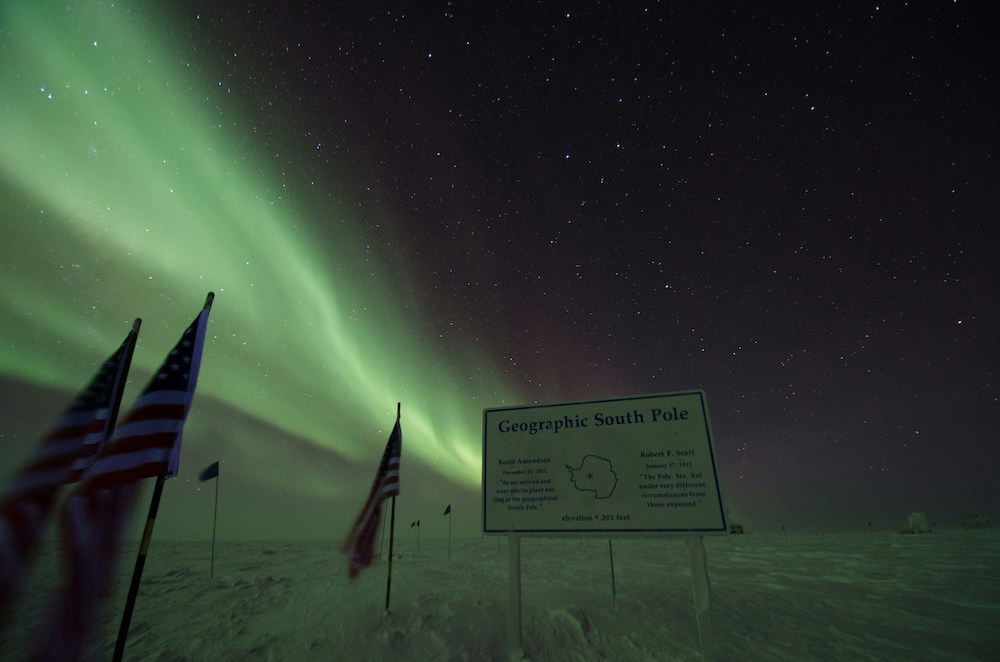Featured in

- Published 20220503
- ISBN: 978-1-922212-74-0
- Extent: 264pp
- Paperback (234 x 153mm), eBook


Already a subscriber? Sign in here
If you are an educator or student wishing to access content for study purposes please contact us at griffithreview@griffith.edu.au
Share article
About the author

Dana Michelle Bergstrom
Dana Michelle Bergstrom, an applied ecologist at the Australian Antarctic Division and a visiting fellow at the University of Wollongong, focuses on climate change...
More from this edition

Hope sends a message
FictionI am here to get the feel of the place; to understand why they are here, at the edge of the world, keeping hope alive. I need that hope and I think I am not alone in that sentiment. That is why I was sent, why I agreed to come, why this piece is being published – unless it has been suppressed. I am displaced as much as the people here; my family have not been to our homelands for generations.

Where borders break down
Essay WHEN EXPLAINING MY Antarctic research to new acquaintances, at a dinner party or a barbeque, I can usually predict the direction of the conversation....

Between different worlds
IntroductionAntarctica offers windows into many different worlds...